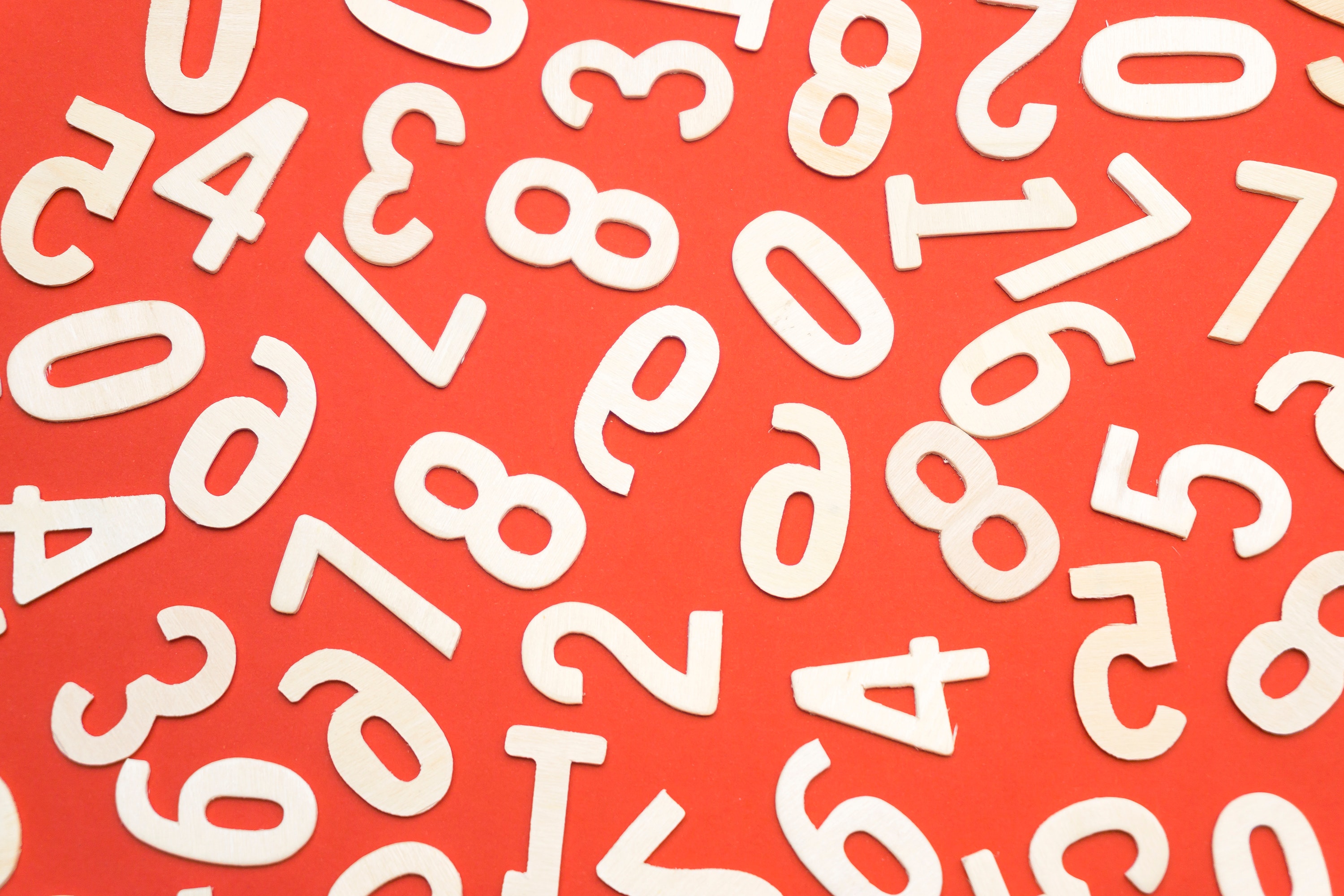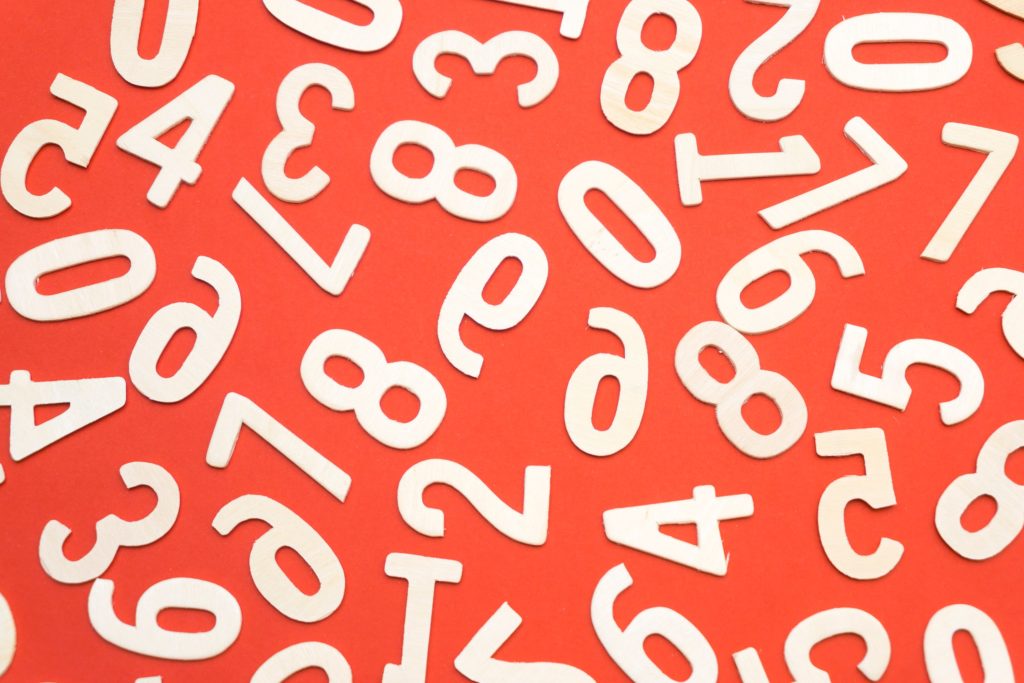Everybody knows numbers are a big thing in baseball. Some are statistics, some are analytics.
And then there are magic numbers.
They are yet another great thing about baseball and it’s the time of year in which magic numbers become a big thing. But either you understand them or you are on the outside looking in. Magic numbers are like some exotic fruit; they only matter for a few weeks a year and then they are gone.
Football doesn’t have magic numbers. Basketball doesn’t have magic numbers. Thankfully, those sports don’t even try.
So what is the magic number? When a team is leading in the standings and trying to win its division, the magic number is that number needed to clinch the title. It is any combination of wins by that team or losses by the second place team that add up to the number. Here’s the seminar
** Determine the number of games to be played. Add one.
**Subtract the number of games ahead in the loss column.
That’s it.
Entering Monday’s games, the Chicago Cubs have 7 games left. Add one gives you 8 (work with me, non-math majors). Second-place Milwaukee has three more losses than the Cubs, so subtract three. That means the Cubs’ magic number is 5.
So any combination of Cubs’ wins or Brewers’ losses adding up to 5 gives Chicago the division championship. It can stay the same, but the number never goes up. If the Cubs beat the Brewers head-to-head, that knocks the magic number down by two (one Cub win and one Brewer loss).
Every team starts the 162-game season with a magic number of 163 and starts whittling it down as the season goes along. For most of the season, magic numbers are like hurricanes in the Atlantic Ocean; you know they are out there, but you don’t pay attention until it becomes necessary.
But there’s nothing better than watching your team start knocking that number down to single digits and then finishing the job.
It’s magical.

